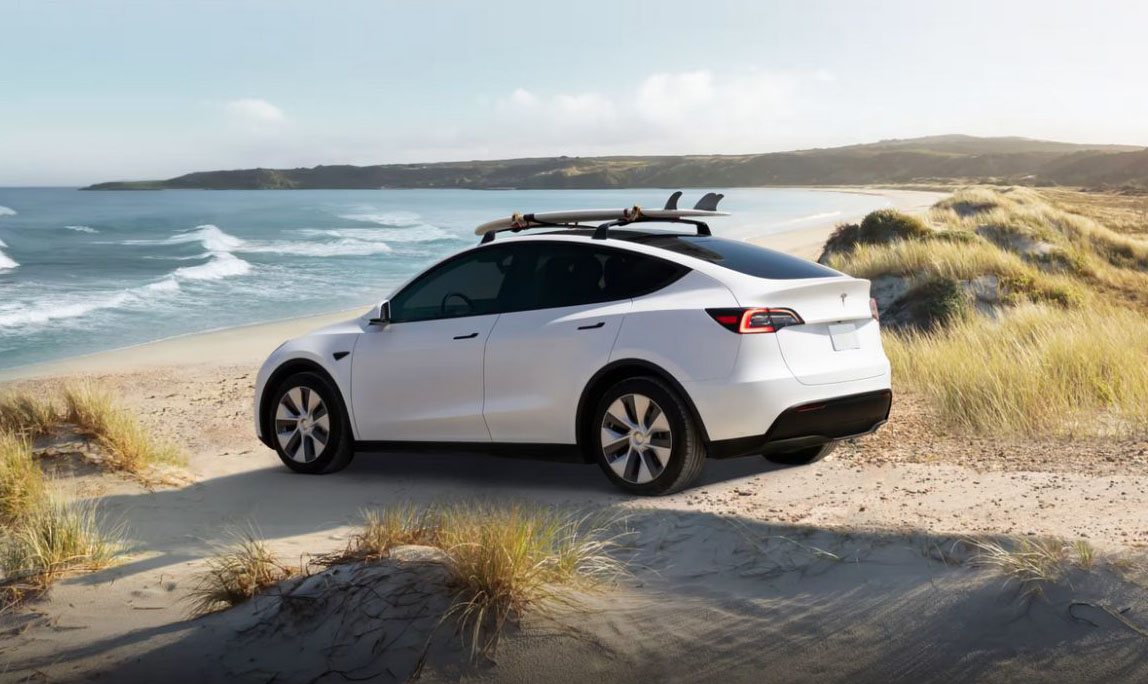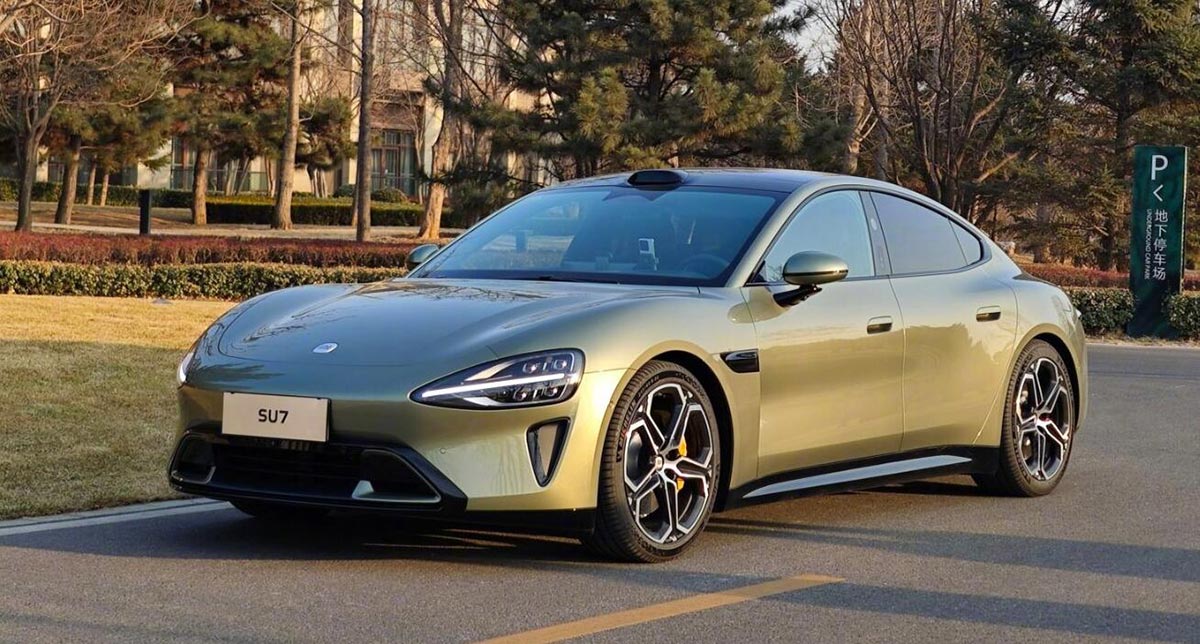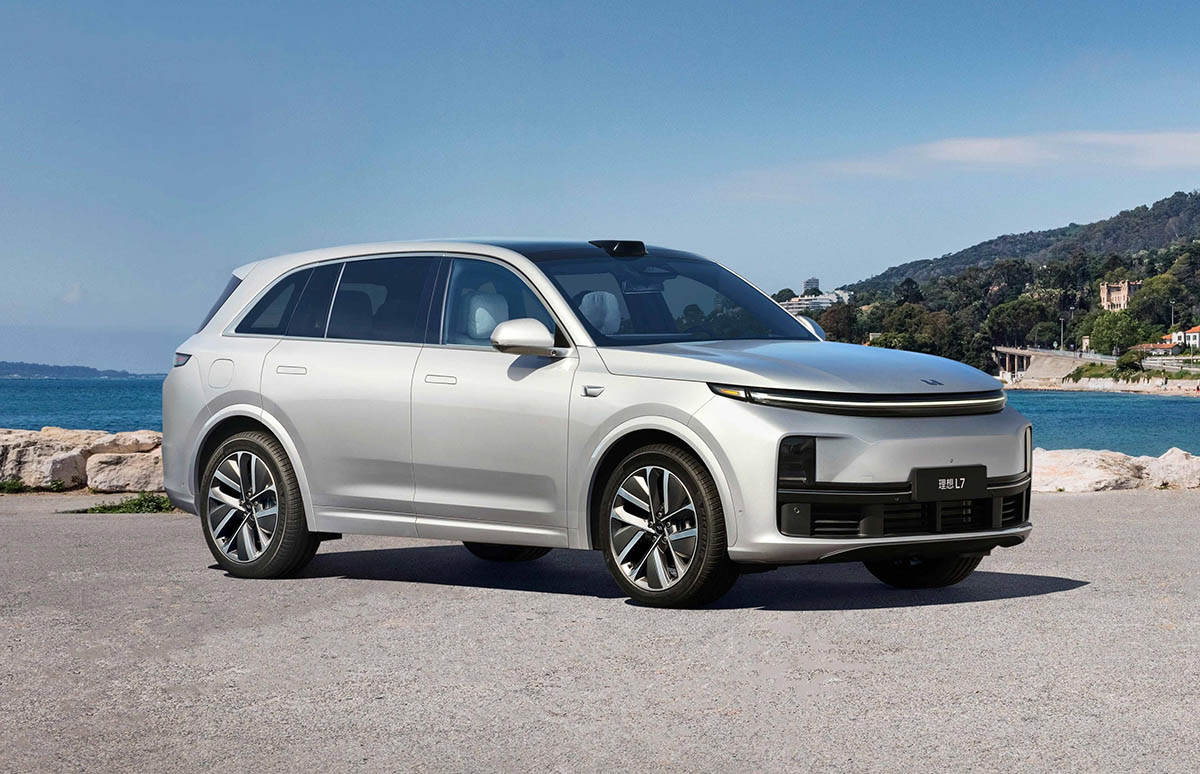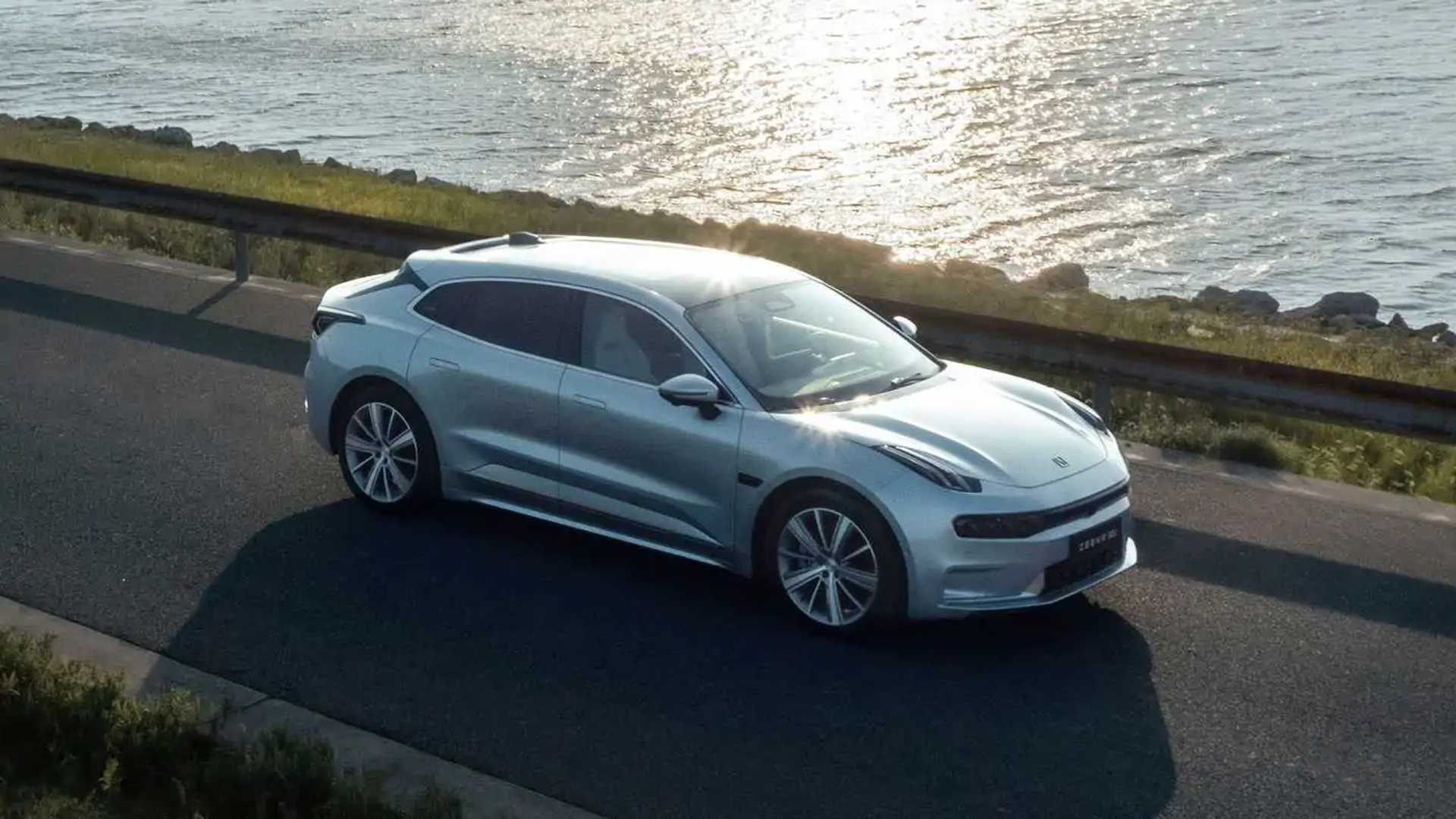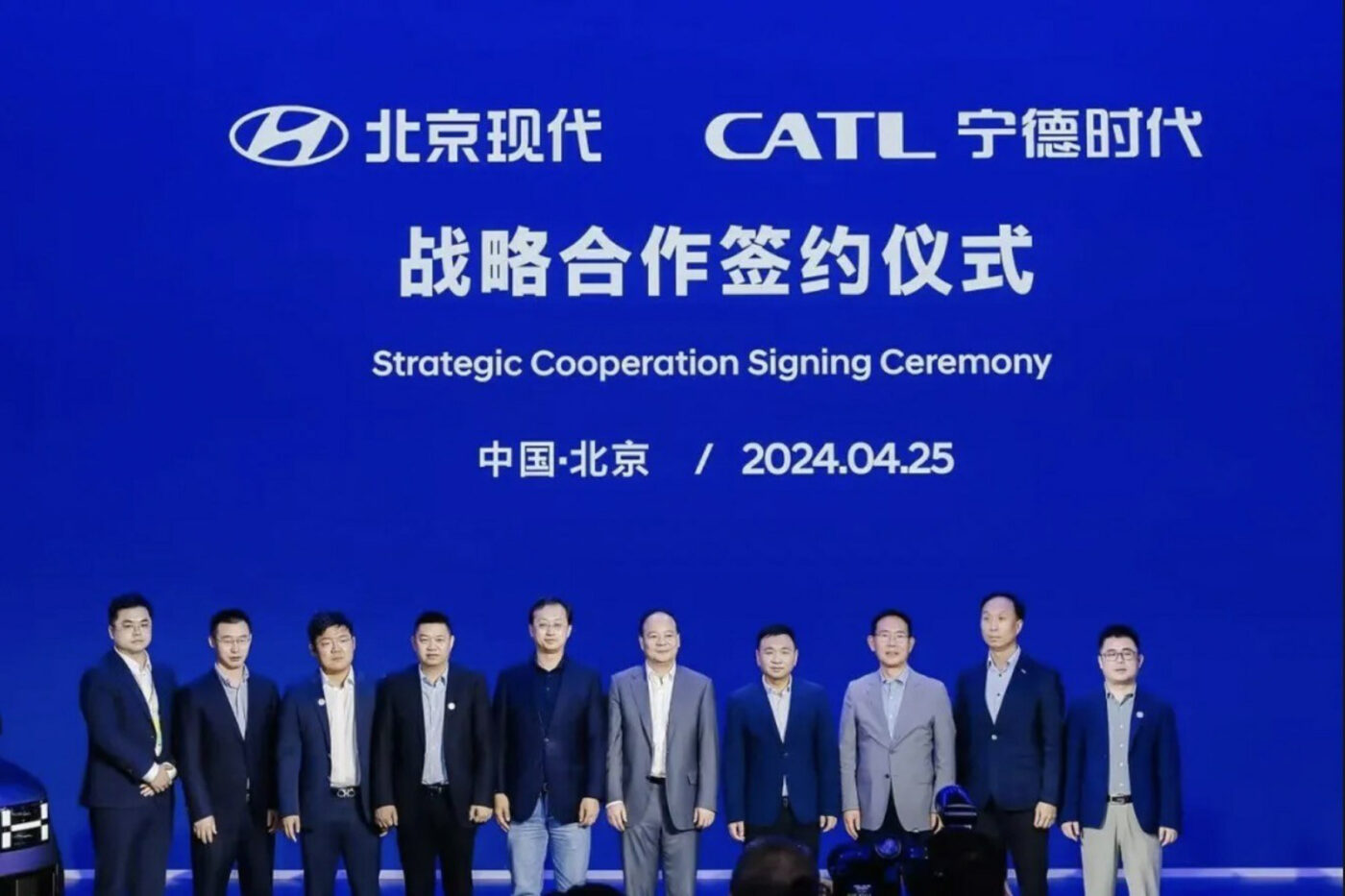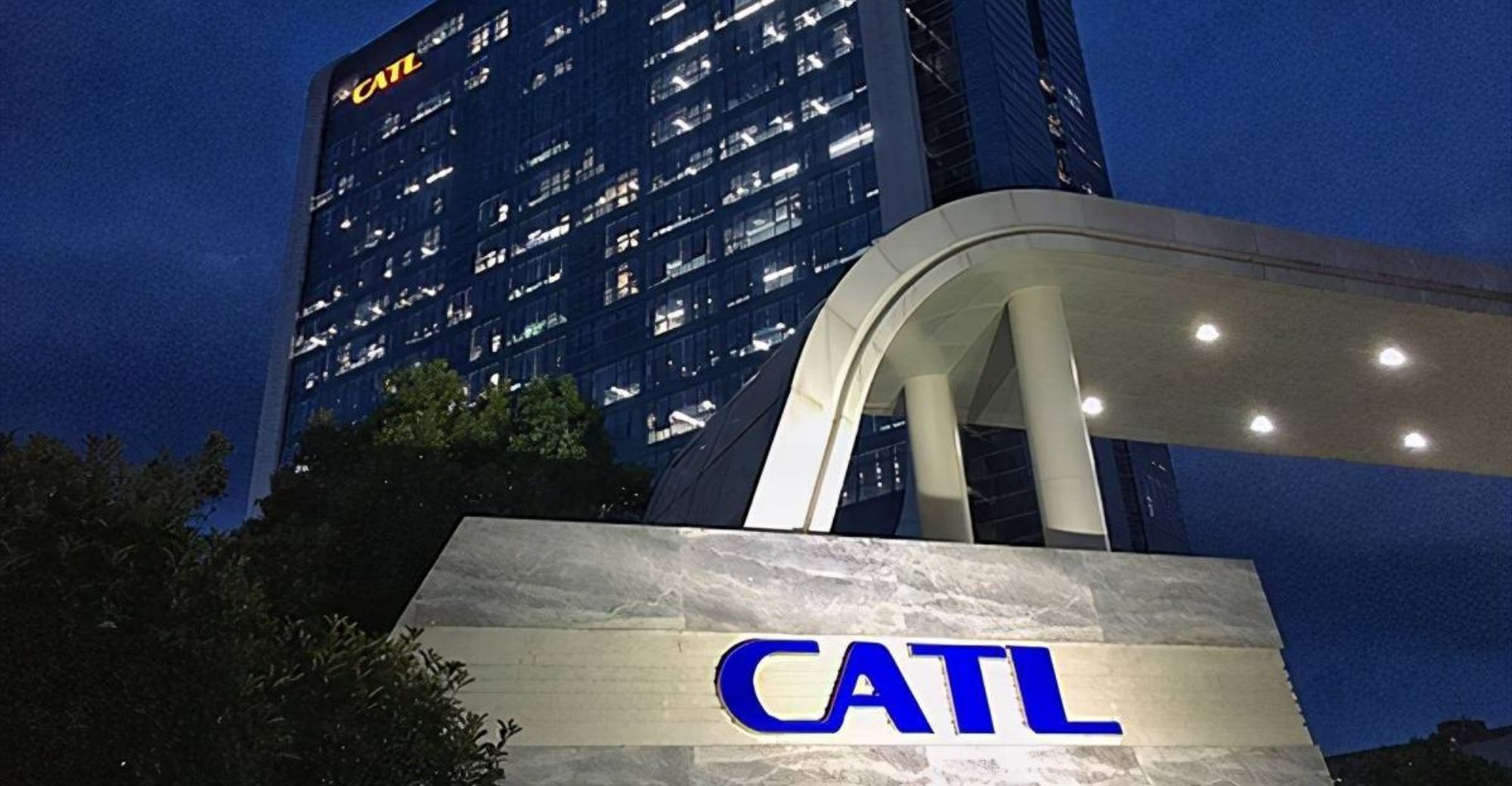Following Tesla’s recent announcement of bringing forward the introduction of more affordable electric cars, industry experts anticipate that these vehicles will not be entirely new models. Instead, they are likely to be toned-down versions of the popular Model 3 and Model Y, according to Reuters, citing Tesla investors and analysts.
Tesla’s decision to accelerate the launch of these “more affordable models” comes after the company reported declining sales and business figures in its Q1 annual report. Tesla aims to counteract this decline with an early model offensive, utilizing aspects of the next-generation platform and the current platforms. These new models are expected to be produced on the same production lines as the current vehicle range.
The exact nature of these new models—whether entirely new or variants of existing Tesla electric vehicles—remains unclear. Industry experts quoted by Reuters suggest that they are likely to be variants, aligning with Tesla’s strategy to bring products to market quickly. However, this approach may result in lower cost reductions than initially anticipated.
Tesla’s focus on the Robotaxi, a new vehicle type, is evident from a recent surprise visit by CEO Elon Musk to China. The visit resulted in a license agreement with Baidu, granting Tesla access to Baidu’s map material in China, a crucial step for operating Tesla’s Full Self-Driving (FSD) software legally on Chinese roads.
While Tesla’s primary focus appears to be on the Robotaxi, there are uncertainties surrounding the development of the compact model often referred to as Model 2. Rumors suggest that Tesla may have halted the development of the compact model to concentrate fully on the Robotaxi.
Despite concerns that Tesla might shift its focus entirely to robotaxis, recent announcements about more affordable models have been well-received by investors, leading to a double-digit rise in shares. However, uncertainties remain about the sustainability of this rise, particularly in light of recent unconfirmed reports about layoffs within Tesla, including the Supercharger team headed by Rebecca Tinucci, and potential dissolution of other departments.

